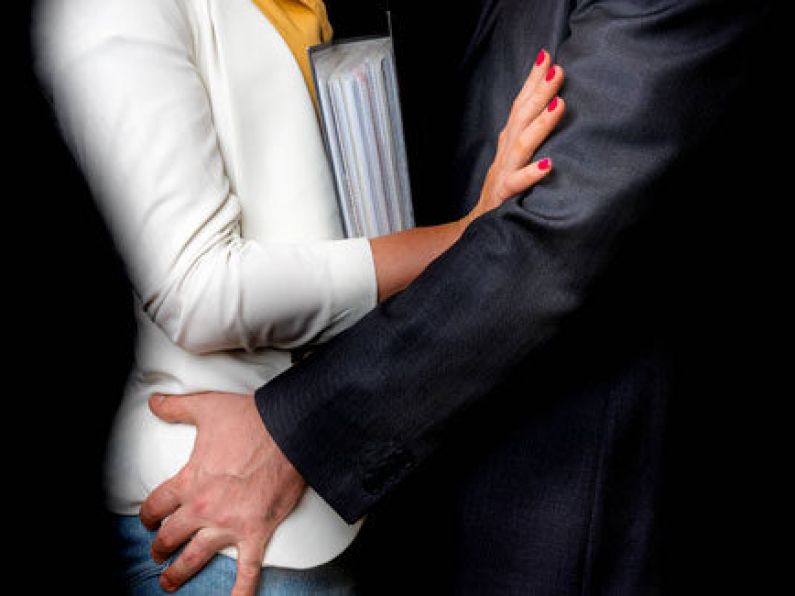Ireland has the highest level of claimed sexual harassment in Europe - and is among the worst in the world.
That's according to a new survey of almost 31,000 people across 40 countries by market research and polling giant WIN International.
It found that 32% of women aged between 18 and 34 have experienced some form of sexual harassment in the last 12 months - the second highest out of all 40 countries surveyed and the worst in Europe. Only Mexico fared worse at 43%.
Ireland's rate of claimed sexual harassment among women in this age group was double that of the United Kingdom and more than twice the global average.
Mexico, Chile and Paraguay have the highest levels of claimed sexual harassment – with 16-20% having experienced this in the past year.
The prevalence of violence around the world is also high with 14.5% of the total sample experiencing violence in the last year.
Just over 1 in 10 adults in Ireland claim to have suffered violence, while the same proportion claim to have suffered sexual harassment.
Women are much more likely to have suffered sexual harassment, while younger age groups are more likely to have suffered either violence or harassment.
More than half (55%) of the population believe that the gender equality balance in Ireland either sometimes or always favours men, while just under one in five feels it sometimes or always favours women.
Like most of the other countries surveyed, Irish people feel social attitudes and behaviours favour men versus women. Some 68% of women think that the balance sometimes or always favours men.
Most people in Ireland believe gender equality has been achieved in the home and in social settings, and least likely in politics and work.
However, there is a major disparity between the views of men and women on this topic with regard to politics and work.
For example, 69% of men feel that gender equality has been achieved in the workplace compared to 47% of women. A total of 57% of men think that gender equality has been achieved in the political sphere compared to just 32% of women.
In general, Irish people have a lower opinion than the average of the rest of the world when in comes to views of gender balance in politics, but have a stronger view than the rest of the world in terms of quality in social settings.
President of WIN International Association, Vilma Scarpino, said that, while it is important to celebrate progress, it is clear that there is still some way to travel globally in terms of achieving true gender equality.






